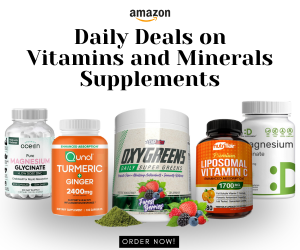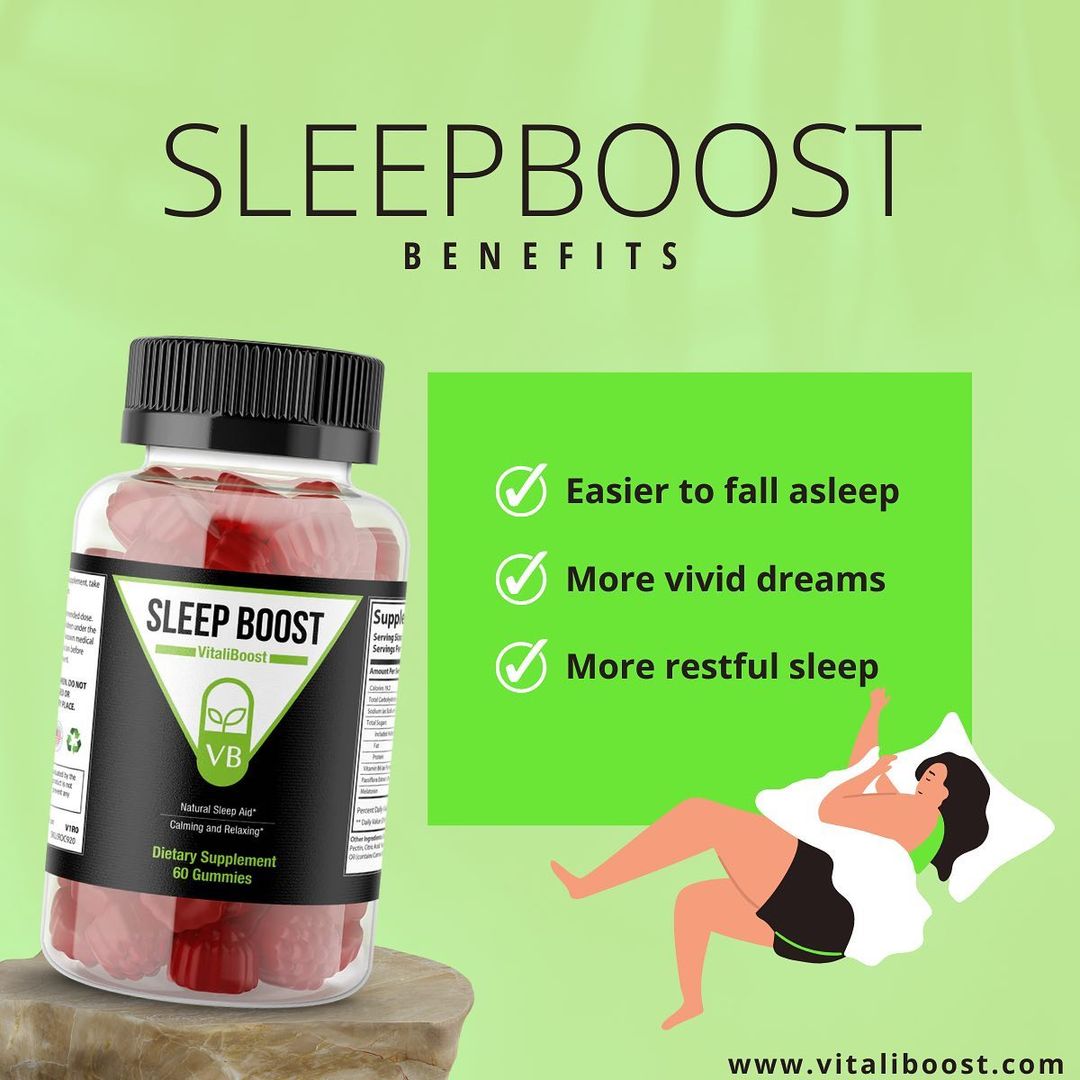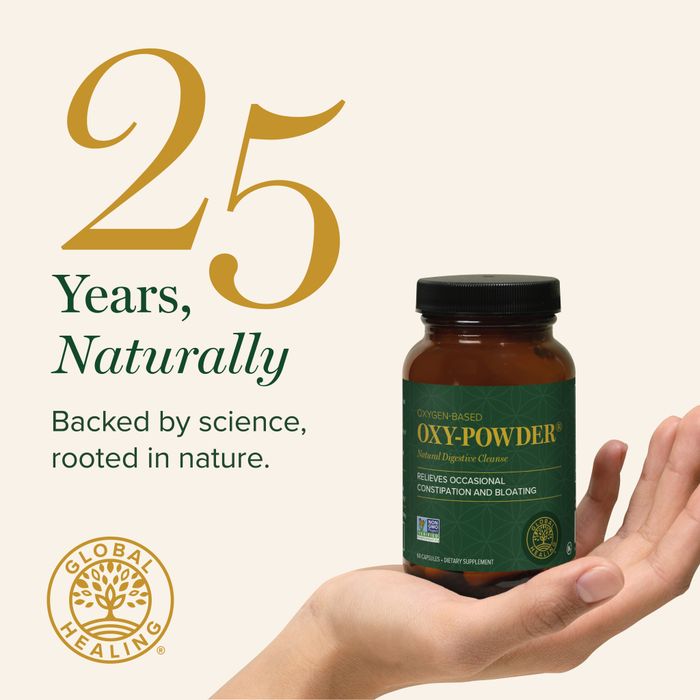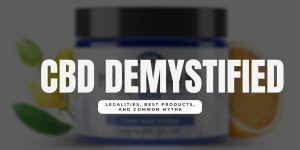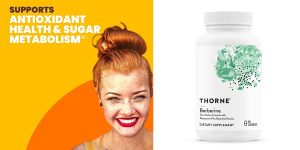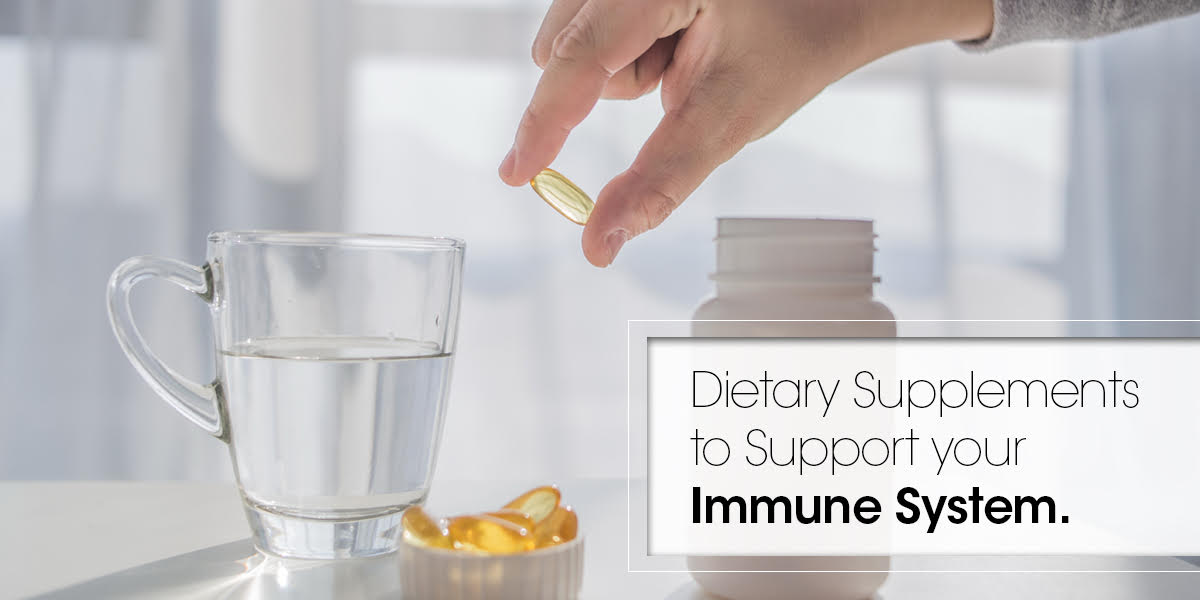
With the 2019 coronavirus COVID-19 pandemic, it’s especially important to understand that no supplement, diet, or other lifestyle modification other than physical distancing, also known as social distancing, and proper hygiene practices can protect you from COVID-19.
Currently, no research supports the use of any supplement to protect against COVID-19 specifically. Before you take a supplement, consult with your health care provider to ensure it is a safe option for you. Some supplements may negatively interact with prescribed medications.
Now more than ever, we are all focused on maintaining a vigorous immune system. Vitamins, minerals, and antioxidants are all supporting players that keep our immune system healthy.
Consuming these nutrients through food in the diet is ideal. However, there are scenarios where certain food groups are missing from the dinner plate. This can be relevant for people who have strict dietary restrictions, and also for those who are aging. Naturally, appetite decreases over time, and you may not eat the same quantity of food anymore.
If any of these scenarios apply to you, consider adding a supplement adjunct to your healthy routine. Research has shown that certain vitamins, taken in a supplement form, can help to support your immune system.
Vitamin C
This vitamin is probably the most famous vitamin when we discuss immune health. The antioxidant properties make it a strong defender for your overall health. Vitamin C supports the white blood cells in the body, and together they neutralize possible disease carrying cells. The anti-inflammatory effects of vitamin C also prevent cells from being damaged, which is important for longevity.
Typically, food sources of vitamin C are adequate to meet your needs. However, some people may benefit from taking a vitamin C supplement immediately when they start to feel under the weather. This boost can prevent their symptoms from worsening, and potentially improve healing time.
Vitamin D
Emerging research has suggested that adults with excellent vitamin D levels recovered quicker from COVID-19 compared to those with low levels of Vitamin D. This fat-soluble vitamin amplifies the efficacy of white blood cells, who are responsible for identifying and eliminating harmful pathogens from the body.
The vitamin can be synthesized in the body when sunshine touches our skin. For those who are indoors most days, or for those who live in a climate with limited sunlight, a supplement may be beneficial for you. As we age, we often venture outdoors less, and the dosage of vitamin D may need to be increased.
Zinc
This mineral is a building block for immune cells in the body. It also supports wound healing, such as bed sores, as well as having anti-inflammatory features. Recent studies have shown that adequate zinc stores in the body have indicated a decreased chance of developing a respiratory infection.
Food sources of zinc are readily available throughout the diet, but some people may benefit from taking a supplement when they begin to feel symptoms of illness encroaching. It is very common to use a supplement to fight off a cold!
Selenium
Similar to Zinc, Selenium is a mineral with antioxidant properties. It can support immune function by enhancing the response of white blood cells towards potential pathogens. Food sources of selenium commonly include the Brazil nut, as well as meat and fish. Vegetarians and Vegans may benefit from a supplement if they are not regularly consuming Brazil nuts.
Summary
As we age, our bodies naturally lose the ability to fully absorb nutrients. This is because digestion slows and our internal systems become less efficient. Supplementation, healthy diet, sleeping well, and physical distancing are all recommended practices to ensure your immune system remains strong.


